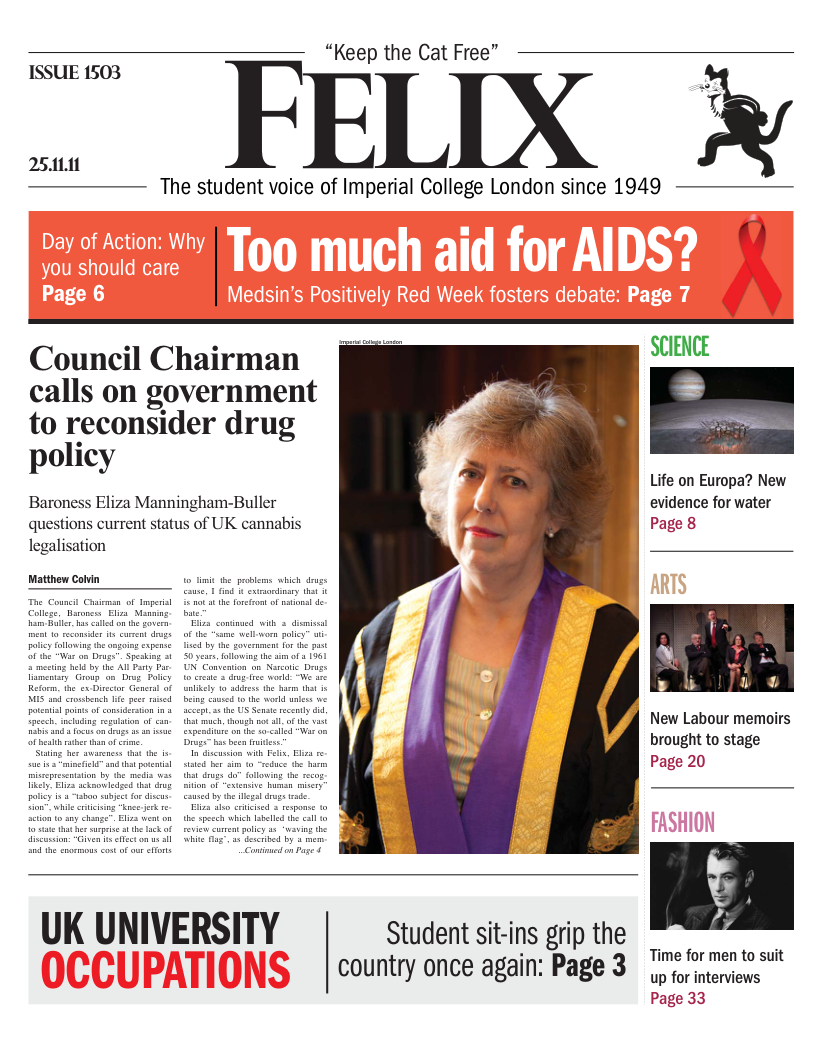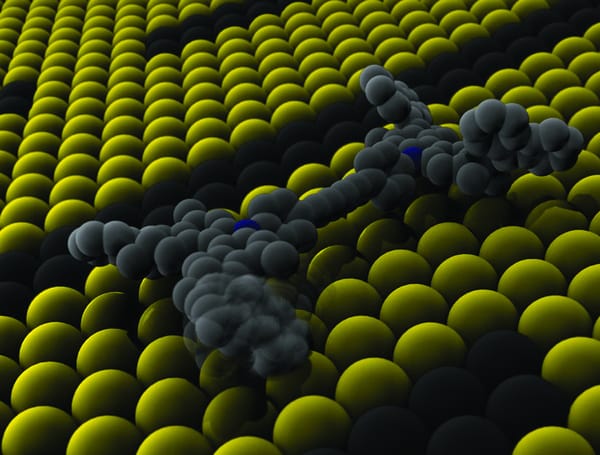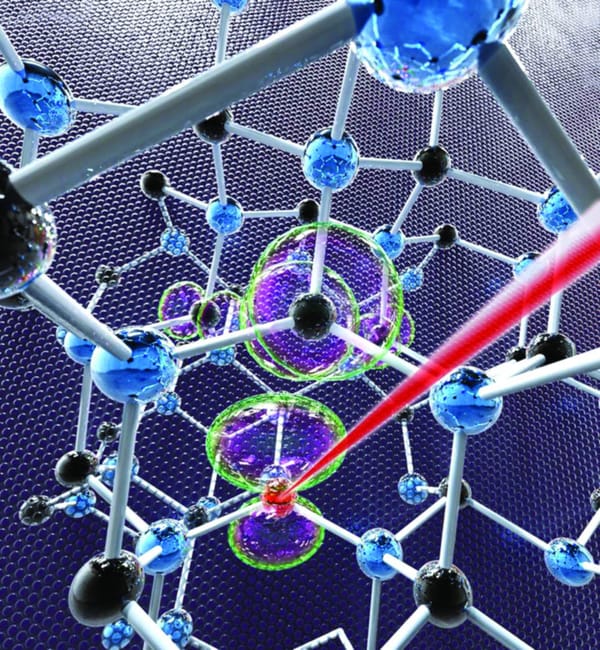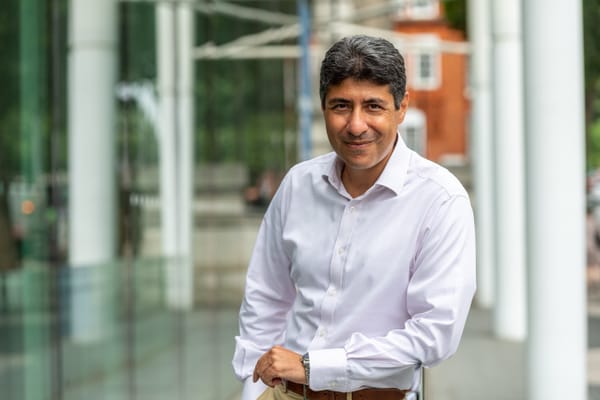Neutrinos still faster-than-light?
Improved experiment yields same results
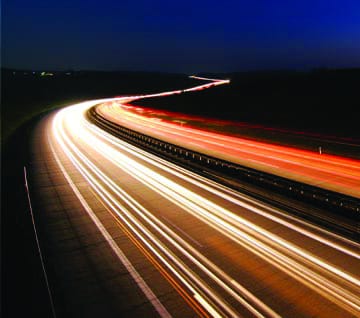
In September, physicists working on the Opera experiment announced that they had observed some subatomic particles called neutrinos travelling faster than the speed of light. The neutrinos in question undertook a journey from CERN in Geneva, through the Earth, and finally ended up at the Gran Sasso laboratory deep underneath the mountain of the same name in Italy. But they arrived at Gran Sasso a few nanoseconds earlier than they should have done, had they been travelling at the speed of light, suggesting that they had in fact travelled faster.
Opera published a pre-print paper of their results online on September 22 and held a press conference the next day. Since then, physicists around the world have been poring over their results and publishing papers trying to either find a mistake or use new physics to explain what is going on.
Carlo Contaldi, from Imperial College, suggested that differences in the force of gravity at Cern and Gran Sasso would make the clocks used to measure the time of flight of the neutrinos tick at different rates. This difference would reduce the significance of the result. Others have come up with different criticisms.
Opera have since refined their experiment and reported last Friday that the neutrinos still appear to be travelling faster than light. In the new version of the experiment, the pulses of neutrinos sent from Cern were made thousands of times shorter than in the original experiment. Many scientists criticised the original long pulses because of the large errors they could introduce when measuring the exact arrival time of the particles at Gran Sasso.
The shorter pulses allowed them to measure 20 individual neutrinos, each one associated with a specific pulse leaving Cern. But all still appear to be arriving too early.
This troubling result has the potential to overthrow Einstein’s theory of special relativity and mess with the principle of causality, which says that cause must come before effect.
However, physicists working on the Icarus experiment, also at the Gran Sasso laboratory have cast doubt on Opera’s results. Their work is based on a recent paper by Boston University physicists Andrew Cohen and Sheldon Glashow, a Nobel laureate. Cohen and Glashow say that if the neutrinos had travelled faster than light, they should have lost energy through releasing pairs of electrons and positrons. The Icarus experiment looked for this predicted energy loss but did not find any evidence of it, suggesting that the neutrinos did not travel faster than light after all.
We will not know for sure one way or the other until independent laboratories are able to conduct similar experiments.
Jim Al-Khalili, a Professor of Physics at the University of Surrey, who after the initial result said he would “eat his boxer shorts live on TV” if it was proved true, will surely welcome Icarus’ findings.

